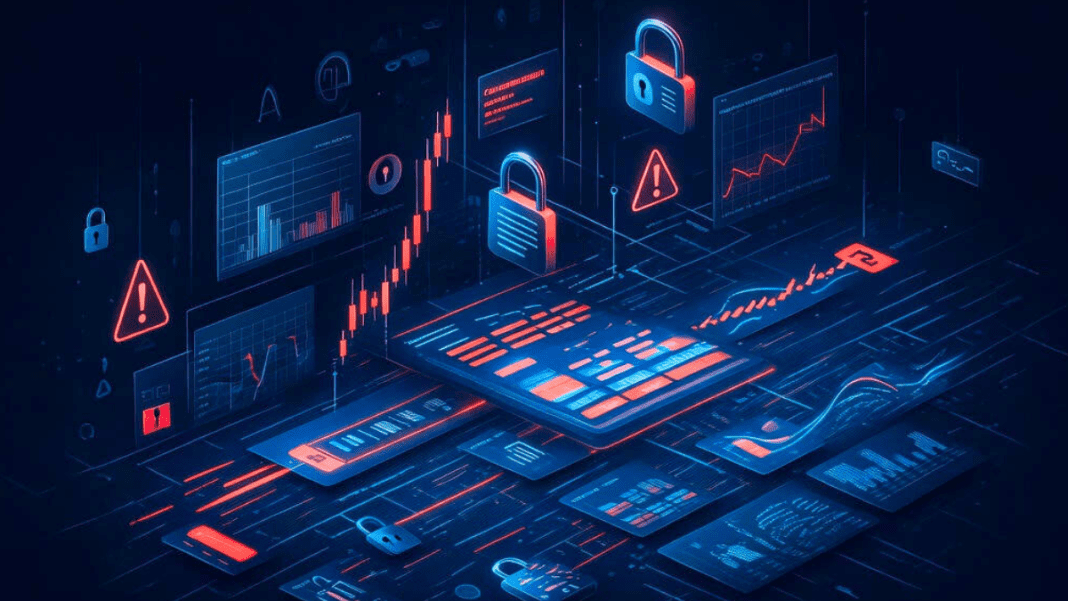Artificial intelligence is making cyberattacks faster, smarter, and more dangerous than ever. Accounting firms and finance departments are under attack, and experts say no one is completely safe. Hackers are using AI tools to trick employees, steal money, and compromise sensitive data. The attacks are growing in scale and sophistication, targeting trusted professionals who manage financial information every day.
AI Makes Cyberattacks Smarter and Faster
Cybercriminals are now using AI to automate attacks and find weaknesses in computer systems. In the past, hackers often made mistakes in emails or used generic messages. Today, AI can craft highly convincing messages that seem completely real. These messages can impersonate clients, colleagues, or vendors and even include particulars from recent company events.
Hackers also use AI to make deepfake audio and video messages. This means they can create fake voice messages or video calls that look and sound real, tricking employees into giving access to sensitive systems or wiring money. These AI tools make attacks much faster. What used to take hours to prepare now only takes minutes.
Japanese beer giant Asahi confirms cyberattack halts shipping and ordering in Japan temporarily
Even security measures like multifactor authentication (MFA), which were once considered very safe, are no longer foolproof. Hackers can bypass MFA through clever tricks or stealing session tokens. Once inside a system, attackers can move quickly, looking for financial opportunities or sensitive data.
Phishing, Ransomware, and Third-Party Risks
The most common attacks start with phishing emails. These are fake messages designed to trick someone into clicking a link or opening an attachment. AI has made phishing emails highly personalized and difficult to detect. Employees who are careful and informed may still be fooled by these messages.
Ransomware is another major threat. Hackers can lock a company’s files and demand a ransom to unlock them. AI helps attackers automate the process and customize their attacks for each target. Some hackers even check a company’s cyber insurance and set ransom demands that match the policy, increasing their chances of being fulfilled.
Cloud services and third-party vendors have expanded the number of ways hackers can attack organizations. Companies often use multiple cloud systems, and vulnerabilities can exist in the systems of vendors or even their vendors. This increases the risk of data breaches, making it important for firms to understand the security of every company they work with.
South Korea reels from wave of cyberattacks — nearly 1 million personal records stolen in 2025
Insider Threats and the Need for Constant Vigilance
Not all attacks come from outside the company. Insider threats, whether from employees or infiltrators posing as employees, are a real concern. Some attackers even create fake job applications using AI-generated photos to access sensitive systems. Once inside, they can steal information or install malware before anyone notices.
Experts stress the importance of educating employees to recognize threats. Frequent, short refresher courses and simulated phishing tests can help staff spot suspicious messages. Companies also need clear processes to respond to breaches quickly, including monitoring for unusual activity and limiting access to sensitive information.
Cyber insurance can provide protection but only if policies are accurate and up to date. Small mistakes in applications or reporting can result in denied coverage, leaving firms exposed. Layered defenses, frequent employee education, and careful monitoring of third-party systems are critical in the fight against AI-powered cyberattacks.
AI is transforming the threat landscape for accounting and finance. Hackers are now faster, smarter, and more precise, making it clear that no organization is immune. Firms must strengthen defenses, educate employees, and carefully manage risk to protect sensitive financial data and safeguard trust with clients.
